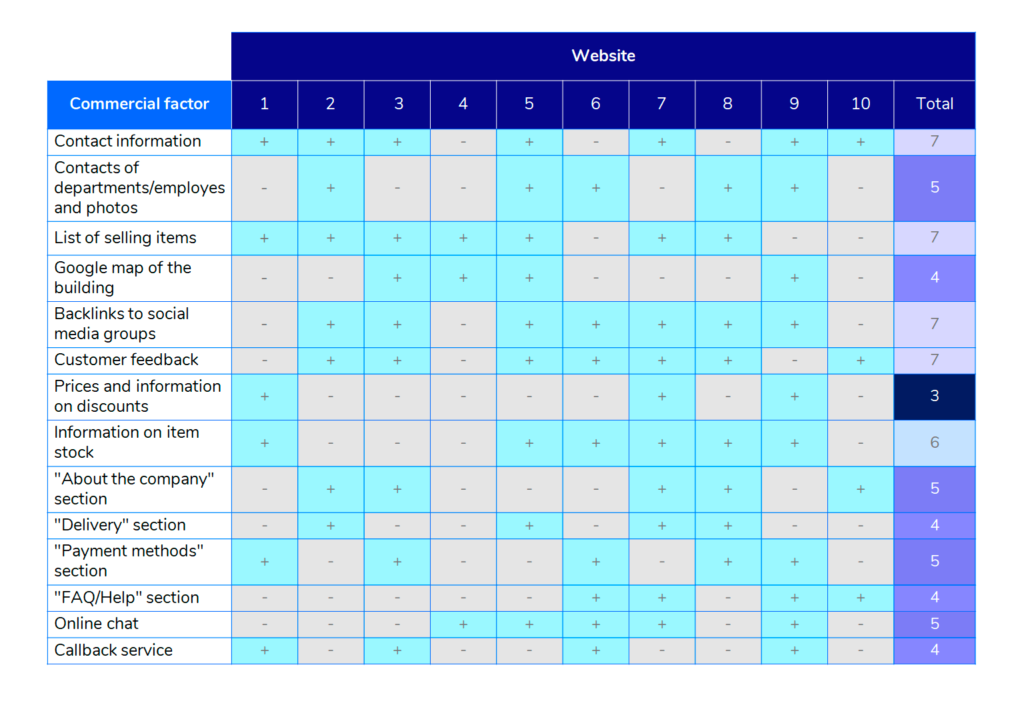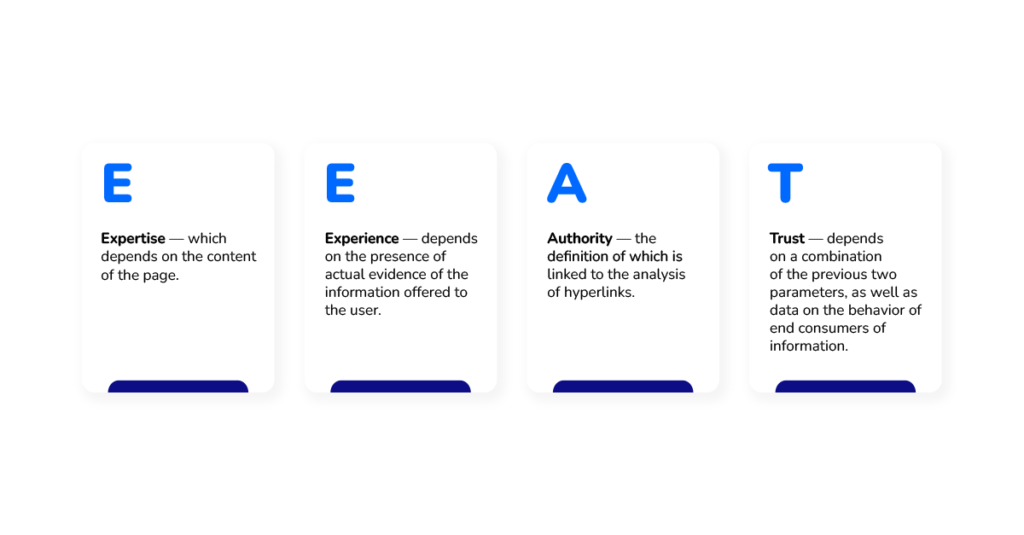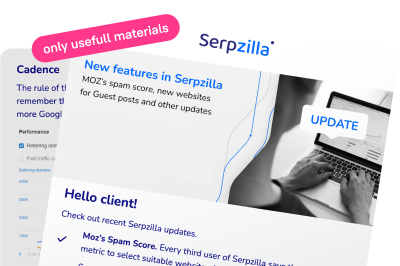- Commercial factors differentiate one organization from another from a search engine’s perspective. This is especially important for online stores. Many sites also promote commercial queries.
- Google evaluates the presence of prices, the range of products, contact details, and transactional elements (forms, CTA buttons). However, they are more valuable to other search engines than to Google. Glady, good optimization of these factors will definitely not cause issues in Google promotion.
- Thoroughly work on product cards. The more information provided, the better the search engines evaluate it. Always add product photos, including usage examples. User reviews, especially illustrated ones, also contribute to promotion.
SEO Promotion Recommendations for Google
- For commercial queries, informational pages have always ranked well. This allows for effective site promotion tactics, like content in blog sections.
- Don’t forget about maps and Local SEO. For more effective local business SEO in Google, focus on promoting the company’s listing in Google Maps. Regularly update information and reviews. New reviews should appear regularly, and it’s beneficial to include anchor links to the promoted site in responses to reviews.
Checking the Sufficiency of Commercial Factors for Your Site
- Analyze competitors. List commercial factors, open top-ranking competitors’ sites, and note whether they have these factors. Analyze the top 10 to understand which content is critical for outperforming competitors. You`ll probably have something similar to this table.

From it you can see which content is critical in order to bypass competitors. You should firstly do the line that provides the most pluses.
- Test user paths. Ideally, bring in someone unbiased to evaluate your project. Create a list of tasks and questions, such as selecting a product within a budget and adding it to the cart, noting any difficulties or missing functionalities.
Now to a small homework assignment.
You are to navigate to the specified page of the indicated website in response to the query “buy Samsung microwave”. Your budget is 50 dollars. Select a suitable microwave, add it to the cart, and proceed to the order payment stage (no need to enter payment details).
Questions:
- Does the website inspire trust? In your subjective opinion, does it make sense to buy appliances from it? Why yes / why not?
- What difficulties did you encounter while choosing? Besides price, what criteria did you use to select the product? Was there information about these criteria on the website?
- What on the website hindered your choice, and what helped?
- What functionality or information is missing to make the choice obvious? What mistakes and shortcomings did you notice on the website when adding a product to the cart?
Analyzing commercial factors is possible even without knowledge in web analytics: starting with a simple analysis of competitors and going through the user journey on the site is sufficient. However, working on commercial factors alone is likely not enough—don’t forget about other aspects of promotion.
Content and Text Ranking Factors
What algorithms do Google use
E-A-T — not exactly an algorithm, but rather a complementary series of ranking mechanisms. The evaluation system is based on four conditional parameters:

If a page is referenced by others (importantly, not affiliated with it), it is considered expert. The more links you attract from other “expert” pages, the more expertise you gain and can add weight to another expert page by referencing it.
Authority, in the view of search engines, is how often and in what context a site is mentioned. Algorithms sort pages that reference each other and in each group of such pages try to select the most important ones. High-quality pages with good, clear, and concise information will likely have many links pointing to them. Whereas low-quality pages will have fewer inbound links or none at all.
Trust — or confidence — technically relates to the area of hyperlink analysis and network structure. To determine it, search engines need to do a lot of work using content and detecting “expert pages” and filtering out spam. Links from other pages to yours can be considered as a kind of vote for the quality of the content. By clicking on a result in the search output, users demonstrate their trust in the suggested content, and the site’s trust increases.
The Experience indicator emphasizes that the provided content is based on real examples of using products, attending events, or places. Thus, adding expert opinions or customer reviews, quotes, and feedback demonstrates the presence of certain experience and positively affects ranking.
SEO Promotion Recommendations for Google
- Classic On-page optimization methods: keyword research, rewriting material — are still relevant and yield growth. Expand semantics, look into LS (Latent Semantic) queries and the structure of competitors’ articles. Be sure to use H1 and H2 subheadings — this breathes new life into both commercial and informational articles.
- A separate topic is image search optimization. There’s a method in which, along with the alt tag, the title and caption of the image are specified — adding the word “photo” and the key query itself. However, search engines are now starting to use artificial intelligence, meaning that the search engine can quite well rank images without the need for alt tags to be specified. Nonetheless, if it does not require significant effort to implement, it makes sense to use this — the main thing is not to over-spam, i.e., not to write large irrelevant texts in the caption. At the same time, spending too much effort and time on creating unique images is not worthwhile.



